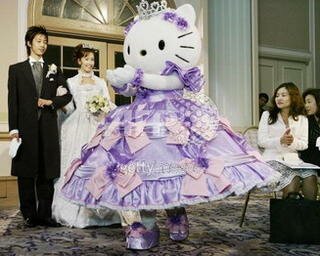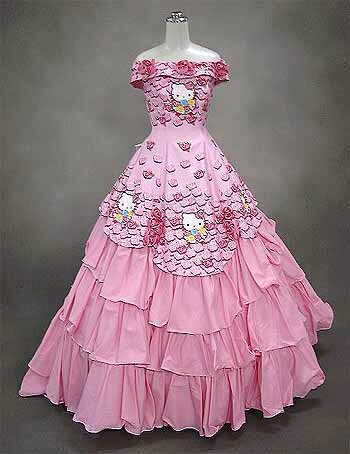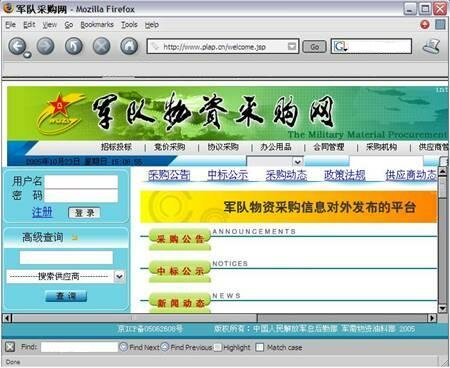Via the Horse’s Mouth, a Clinton adviser says that China will have an economic collapse.:
China’s economy faces a "collapse" over the next decade owing to a high savings rate and over-investment in industrial capacity, according to a former economic advisor to previous US president Bill Clinton.
"At this moment China is saving too much and is investing too much in factories which the world does not need. Like this it is certainly heading for a great fall, a collapse," former advisor Robert Wescott told the Portuguese business daily Jornal de Negocios on Monday.
"It could be in 2007, maybe in 2014, I don’t know. But what I know for sure is that China will have over the next ten years a great fall in economic activity," he added.
AsiaPundit agrees. There are serious bubbles and imbalances here that are not being corrected rapidly enough and there will be a day of reckoning. The open question is what will happen after the ‘collapse.’ There are many possibilities. When the Indonesian economy imploded there was regime change. When Japan’s bubble burst there was stagnation. South Korea re-emerged stronger and improved.
As well, one interesting difference between China’s ‘coming collapse’ and the humbling of South Korea and Japan is that this will have implications that are much more global. The South Korean and Japanese problems were domestically created - but China’s overcapacities are often due to excess foreign investment. Korea’s crisis meant the end of DaeWoo, but when China falls General Motors and Volkswagen will be feeling the pain.
Technorati Tags: asia, china, east asia, economy, northeast asia






































